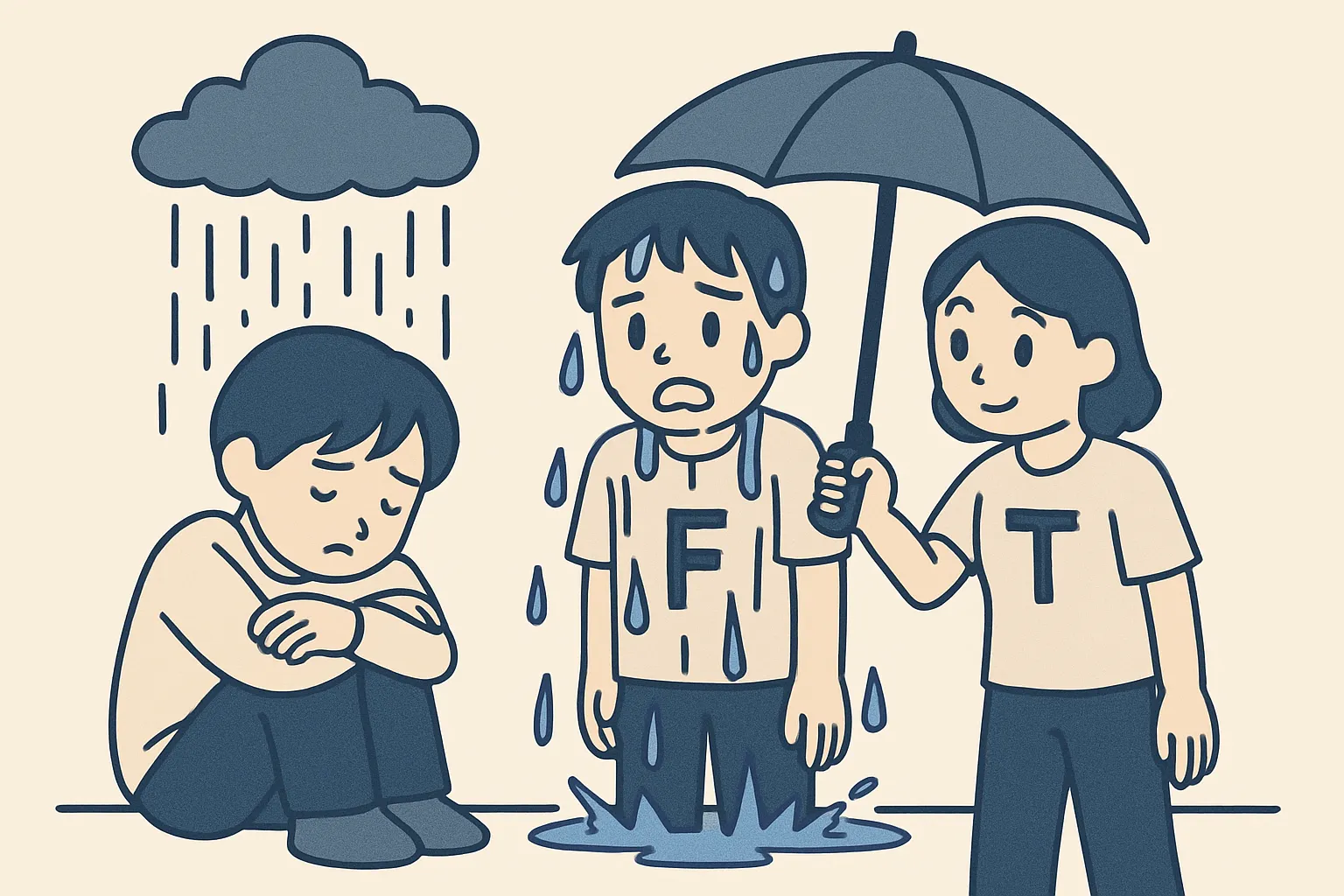Level Up Your Skills! Korean for Your New Goals
Hello! This is Maeil Hangul, here to upgrade your Korean skills!
Have you ever wanted to learn a new skill, like baking, coding, or playing an instrument? Talking about your goals and plans is a great way to connect with people. Lately in Korea, “self-improvement” (자기계발) is a huge trend, especially among young people. Many are busy learning new things to improve their lives and careers. Today, let’s learn the essential Korean phrases you need to talk about your own learning journey and join this exciting conversation!
Core Expressions You Need to Know
Here are some key phrases to help you talk about your new goals like a native speaker.
1. V + -기로 하다 (-giro hada)
- Pronunciation: [gi-ro ha-da]
- English Meaning: to decide to / to plan to
- Detailed Explanation: This is a super important grammar pattern for talking about decisions and plans you’ve made. You attach it to a verb stem to express your intention. For example, “to decide to study” becomes “공부하기로 하다“. It’s perfect for telling friends about your New Year’s resolutions or new hobbies.
2. 꾸준히 (kku-jun-hi)
- Pronunciation: [kku-jun-hi]
- English Meaning: steadily, consistently, regularly
- Detailed Explanation: Mastering a new skill requires consistent effort, and this adverb perfectly expresses that idea. You can use it with verbs like
공부하다(to study) or연습하다(to practice). Saying you will do something꾸준히shows you are serious and dedicated.
3. 목표를 세우다 (mok-pyo-reul se-u-da)
- Pronunciation: [mok-pyo-reul se-u-da]
- English Meaning: to set a goal
- Detailed Explanation: This is the go-to phrase for talking about setting goals.
목표(mokpyo) means “goal,” and세우다(seuda) means “to set up” or “to establish.” Whether your goal is big or small, you can use this expression to talk about it.
4. 도전해 보다 (do-jeon-hae bo-da)
- Pronunciation: [do-jeon-hae bo-da]
- English Meaning: to give something a try / to take on a challenge
- Detailed Explanation: This phrase combines
도전(dojeon), meaning “challenge,” with the grammar pattern-아/어 보다, which means “to try doing something.” It has a very positive and proactive nuance, perfect for when you’re starting something new and exciting that might be a little difficult.
Example Conversation
Let’s see how these expressions are used in a real conversation. Somin and Brian are talking about their weekend plans.
- A (Somin): 브라이언 씨, 이번 주말에 뭐 해요?
(Brian, what are you doing this weekend?) - B (Brian): 저 내년부터 코딩을 배우기로 했어요. 그래서 책을 좀 사려고요.
(I decided to learn coding starting next year. So I’m going to buy some books.) - A (Somin): 와, 코딩이요? 정말 멋지네요! 특별한 목표를 세웠어요?
(Wow, coding? That’s so cool! Did you set a specific goal?) - B (Brian): 네, 제 웹사이트를 직접 만들어 보는 것에 도전해 보려고요. 앞으로 매일 꾸준히 공부해야죠.
(Yes, I’m going to try the challenge of building my own website. I have to study consistently every day from now on.) - A (Somin): 좋은 계획이에요! 응원할게요!
(That’s a great plan! I’ll be cheering for you!)
Culture Tip & Trend Deep Dive
In Korea, the concept of 자기계발 (jagigebal – self-improvement) is more than just a hobby; it’s a lifestyle. Many young Koreans feel it’s important to always be learning and growing.
You’ll often see people sharing their progress on social media with hashtags like #공스타그램 (gong-sta-gram / “study-stagram”) or #오늘의공부 (oneul-ui-gongbu / “today’s study”). They post pictures of their notes, textbooks, or computer screens to motivate themselves and others.
So, when you use a phrase like “매일 꾸준히 한국어를 공부하기로 했어요” (I decided to study Korean consistently every day), it doesn’t just state a fact—it shows a strong, admirable commitment that will resonate well with your Korean friends! You’re not just a learner; you’re part of a culture that values hard work and personal growth.
Let’s Wrap It Up & Practice!
Great job today! We learned how to talk about making plans and setting goals with key expressions like -기로 하다, 꾸준히, 목표를 세우다, and 도전해 보다. Now you can share your own self-improvement journey in Korean!
Ready to practice?
- Fill in the blank:
- I decided to exercise every morning.
- 저는 아침마다 ________ 했어요.
- Make a sentence:
- Using
목표를 세우다(to set a goal), write a short sentence about one of your personal goals in Korean.
- Using
What new skill have you decided to learn? Leave a comment below using the phrases we learned today! We’d love to cheer you on






